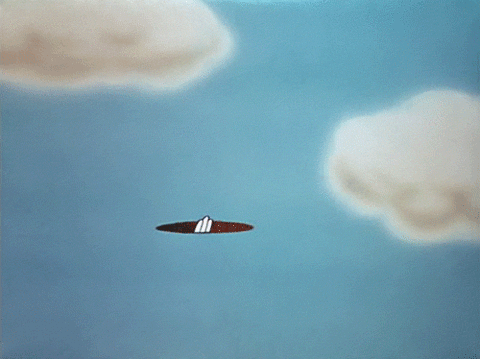Dharma Subscribe

Ethics
Buddha Before Buddhism
Heart Sutra
Yoga Sutra
Lotus Sutra
Bodhisattva Guide
Suzuki's Beginner's Mind, Zen Mind
Suzuki's Sandokai
Dogen's Mountains and Waters Sutra
Dogen's Time is Passing
Bernie Glassman
Carl Jung
Notes on Dying
Pranayama
Michael Stone
Guest Speakers
Mike Hoolboom
Most Recent Post
Buddhism and Christianity by Octavio Paz (1969)
from Conjunctions and Disjunctions by Octavio Paz (excerpt) 1969
Buddhism is born in non-priestly and aristocratic surroundings: Guatama belonged to the royal clan of the sakya and hence was a member of a warrior caste; his preaching from the start was well received by the nobles and above all by merchants, so that it soon became a religion of renunciation practiced by an urban, cosmopolitan, and well-to-do class; in its ultimate Indian expression, Tantrism, it is transformed into a religion of wandering mystics outside of society, and flourishes in the lower castes. Christianity is born in priestly and proletarian surroundings: Jesus is the son of a carpenter and a descendant of the House of David; the first Christians belong to the world that lives on the social periphery of the Roman Empire; later, Christianity was the official religion of an empire and, later still, it adopted an imperial organization itself; in its final form, Protestantism, it became the ascetic religion of capitalism.
A religion that denies the realm of the body exalts it in its most striking form, eroticism; but a religion that has made incarnation its central dogma spiritualizes and transfigures the flesh.
Christianity ends where Buddhism begins. This latter, when it first began its career as a universal religion, was just one sect more among those that had undertaken to criticize the Brahminical religion and reconsider the tradition of the Upanishads in the sixth century B.C. In this context the figures of Gautama, Mahavira, and other religious reformers recall the theologians of the first days of the Reformation-Luther, Zingli, and Calvin. But in the course of its history, Buddhism wanders further and further away from its original critical and moral tendencies and progressively stresses its ritual and metaphysical features: the Mahayana philosophical systems, the cult of the image of Buddha, the appearance of Bodhisattvas as saviours of men, the doctrine of the universal compassion of the Buddhas, the increasing formality and complexity of Buddhist ritual and ceremony. The steps were: a criticism of the traditional religion; a religious philosophy; a metaphysical religion; a ritualistic religion. A contrary evolution can be observed in the case of Christianity: it is born as a doctrine of salvation and an announcement of the end of the world, that is to say, as a real religion and not only as a criticism or a reform of Judaism; it confronts pagan thought and creates a philosophy thanks to the Church Fathers; it constructs a great metaphysical system in the Middle Ages; it passes during the Reformation from metaphysics to criticism and from ritual to ethics. Analogous movements but in opposite directions: in Buddhism, from criticism and ethics to metaphysics and liturgy; in Christianity from metaphysics to ethics, and in the ritual sphere, a fading away of the notion of the eucharist, and the supremacy of the evangelical word (ethics) over the divine presence (the sacrament). Incarnation and disincarnation.
